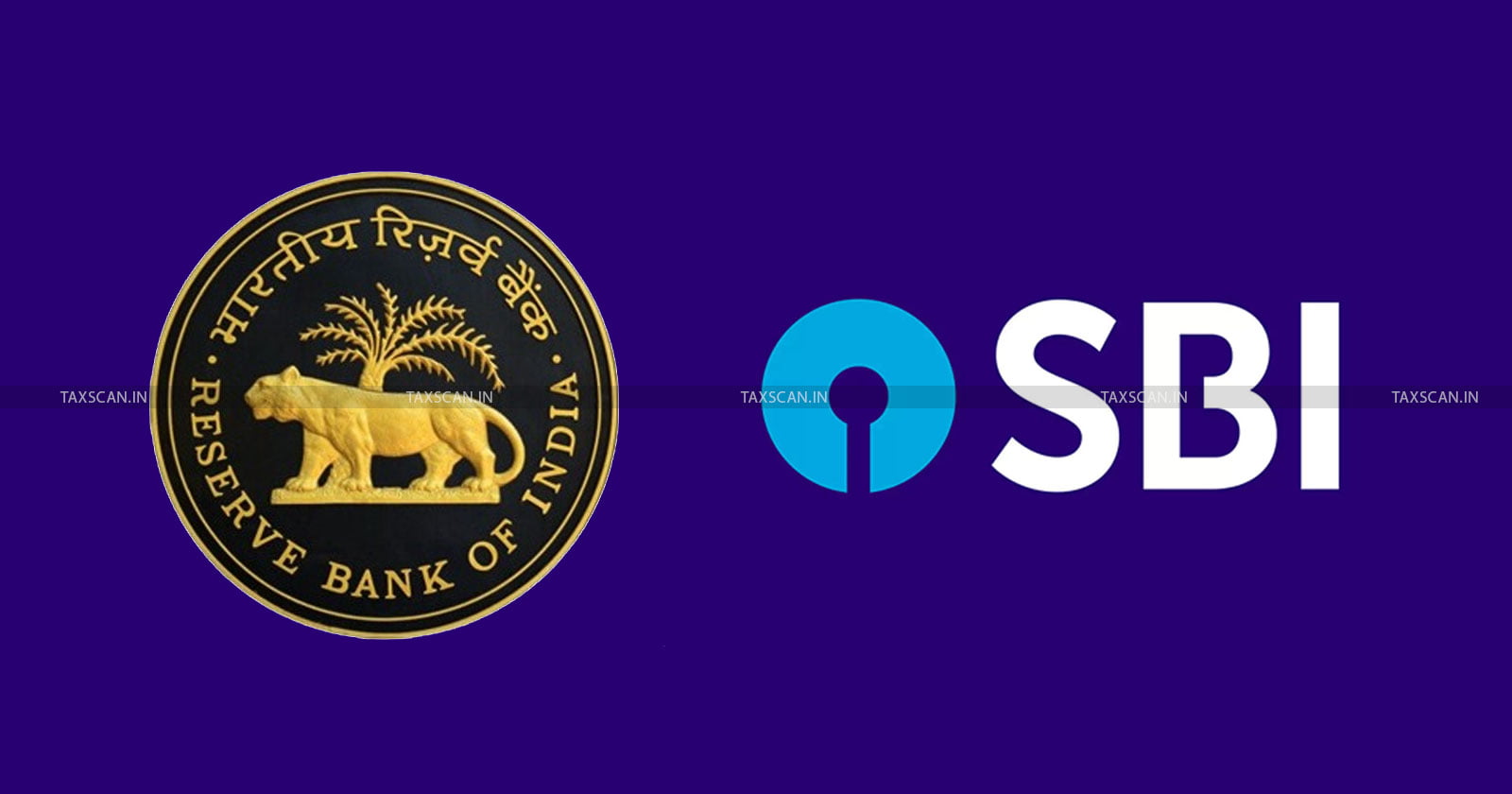Lease Rentals Not Taxable as Port Services Prior to June 2007: CESTAT Sets Aside Service Tax Demand on Kolkata Port Trust [Read Order]
The Tribunal relied on CBIC Circular No. B11/1/2001-TRU, which clarified that lease rentals for land and estate rentals were not taxable under “Port Services”
![Lease Rentals Not Taxable as Port Services Prior to June 2007: CESTAT Sets Aside Service Tax Demand on Kolkata Port Trust [Read Order] Lease Rentals Not Taxable as Port Services Prior to June 2007: CESTAT Sets Aside Service Tax Demand on Kolkata Port Trust [Read Order]](https://images.taxscan.in/h-upload/2025/09/29/2092338-cestat-kolkata-service-tax-demand-taxscan.webp)
The bench of the Customs, Excise and Service Tax Appellate Tribunal (CESTAT), Kolkata, has ruled that lease rentals collected by a port authority for temporary use of land and sheds do not fall under the ambit of “Port Services” as defined under Section 65(82) of the Finance Act, 1994, for the period prior to June 1, 2007.
The Tribunal set aside the demand of service tax, interest, and penalties raised against the appellant, holding that the activity would be taxable only under the category of “Renting of Immovable Property Services,” which was introduced into the service tax net from June 1, 2007.
The appellant, M/s Kolkata Port Trust, a registered trust under the Major Port Trusts Act, 1963, had allotted vacant land parcels and sheds within the port area to stevedores on a license basis during the period April 2004 to March 2007. The licensees used these areas for storing import and export goods of their clients.
 Also Read:Terminal Handling Charges May Fall under ‘Port Services’: CESTAT Remands Export Refund Dispute for Verification [Read Order]
Also Read:Terminal Handling Charges May Fall under ‘Port Services’: CESTAT Remands Export Refund Dispute for Verification [Read Order]
Initially, the Port Trust accounted for such income under “Estate Rentals.” From 2004-05 onwards, on the advice of its accounting unit, the income was described as “License Fee for Storage of Goods,” though the essential nature of the transaction remained the same.
The case originated when the Service Tax Department, during audit, objected to the non-payment of service tax on such license fees. A show-cause notice dated March 27, 2009, was issued proposing recovery of service tax, interest, and penalty, treating the activity as “Port Services.”
The Principal Commissioner of Service Tax, Kolkata, adjudicated the matter and vide Order-in-Original dated September 1, 2016, confirmed a demand of ₹2,44,07,465 under Section 73(2) of the Finance Act, 1994, along with interest under Section 75 and an equal amount of penalty under Section 78.
Aggrieved by the order, the appellant carried the matter before the tribunal, contending that the demand was not sustainable, both on merits and on limitation.
 Also Read:CESTAT sets aside Demand in respect of Cargo Handling Services and GTA Services in respect of Raw Sugar [Read Order]
Also Read:CESTAT sets aside Demand in respect of Cargo Handling Services and GTA Services in respect of Raw Sugar [Read Order]
Appearing for the appellant Pulak Kumar Saha and Joydeb Bhattacharya, argued that the amounts collected were in the nature of “Estate Rentals” and did not constitute “Port Services.” They relied on CBIC Circular No. B11/1/2001-TRU dated July 9, 2001, which specifically clarified that estate rentals or lease rentals for land were not liable to service tax as port services.
It was contended that the reclassification of income under “License Fee for Storage of Goods” did not alter the essential character of the transaction, which remained that of renting immovable property. It was further submitted that the imposition of penalties and the invocation of the extended limitation period under Section 73(1) of the Finance Act, 1994 was unwarranted as all income had been duly recorded in its books and returns were regularly filed.
Appearing for the Revenue, S. Chitkara and R.K. Agarwal supported the findings of the adjudicating authority. They argued that the lease of land and sheds within the port area for the storage of goods was integrally linked to the services rendered in relation to import and export activities and thus constituted “Port Services” during the relevant period.
 Also Read:Relief to SBI, Lease Dues Incurred During CIRP Prior to Vesting Date are Payable to Financial Creditor: NCLT
Also Read:Relief to SBI, Lease Dues Incurred During CIRP Prior to Vesting Date are Payable to Financial Creditor: NCLT
The Bench comprising of Judicial Member, R. Muralidhar and Technical Member, Rajeev Tandon observed that the activity in question was merely renting of immovable property and not the provision of storage or cargo handling services.
The Tribunal noted that the CBIC Circular No. B11/1/2001-TRU had explicitly excluded estate rentals from the scope of port services and that such rentals became taxable only from June 1, 2007, when “Renting of Immovable Property Services” was brought into the service tax framework.
The bench also held that the extended limitation period could not be invoked, as there was no evidence of suppression or misstatement on the part of the appellant, particularly when the CBIC itself had clarified the non-taxability of such income.
Accordingly, CESTAT set aside the order of the adjudicating authority and quashed the demand of service tax, interest, and penalties.
Thus, the Tribunal allowed the appeal both on merits and on limitation.
Support our journalism by subscribing to Taxscan premium. Follow us on Telegram for quick updates



